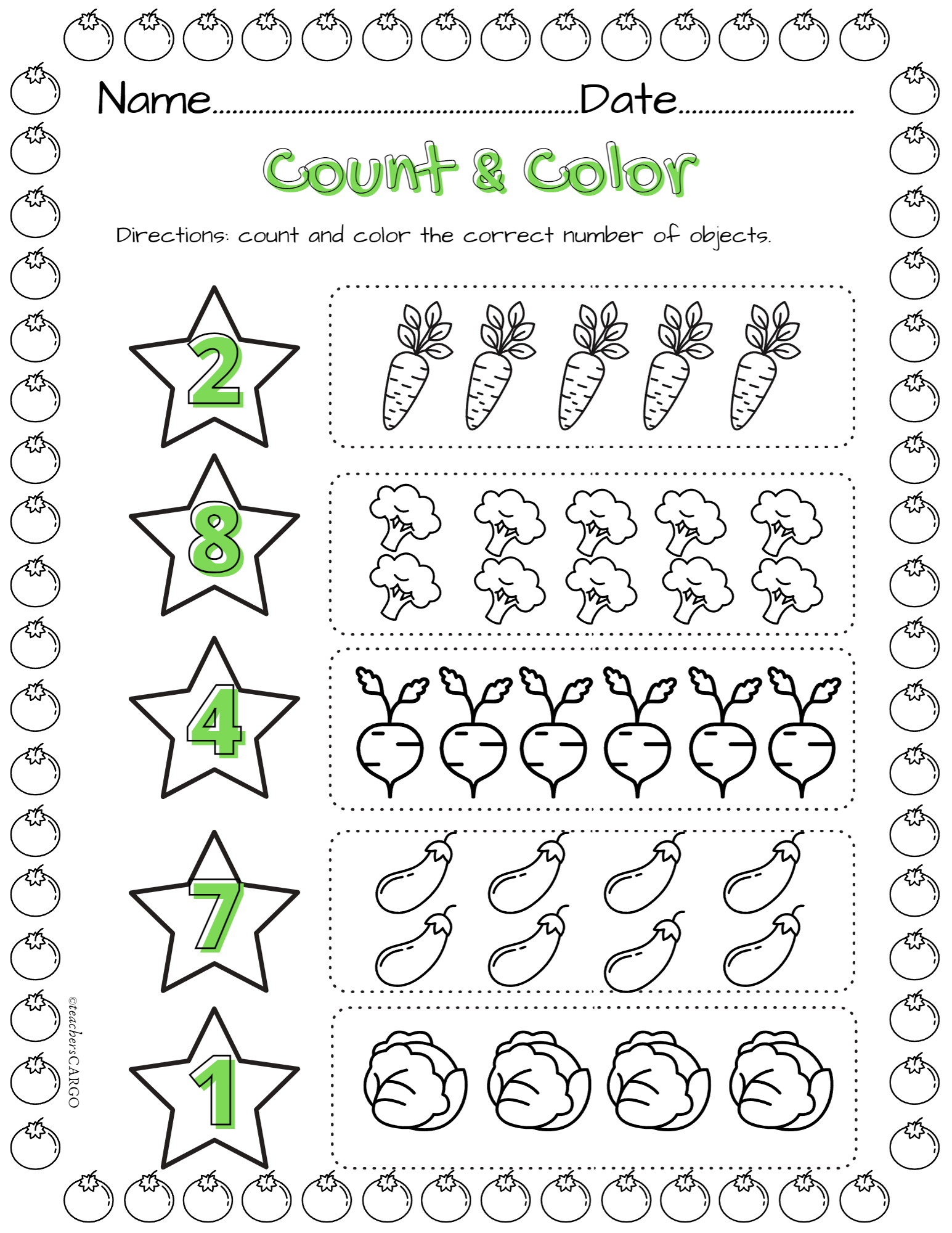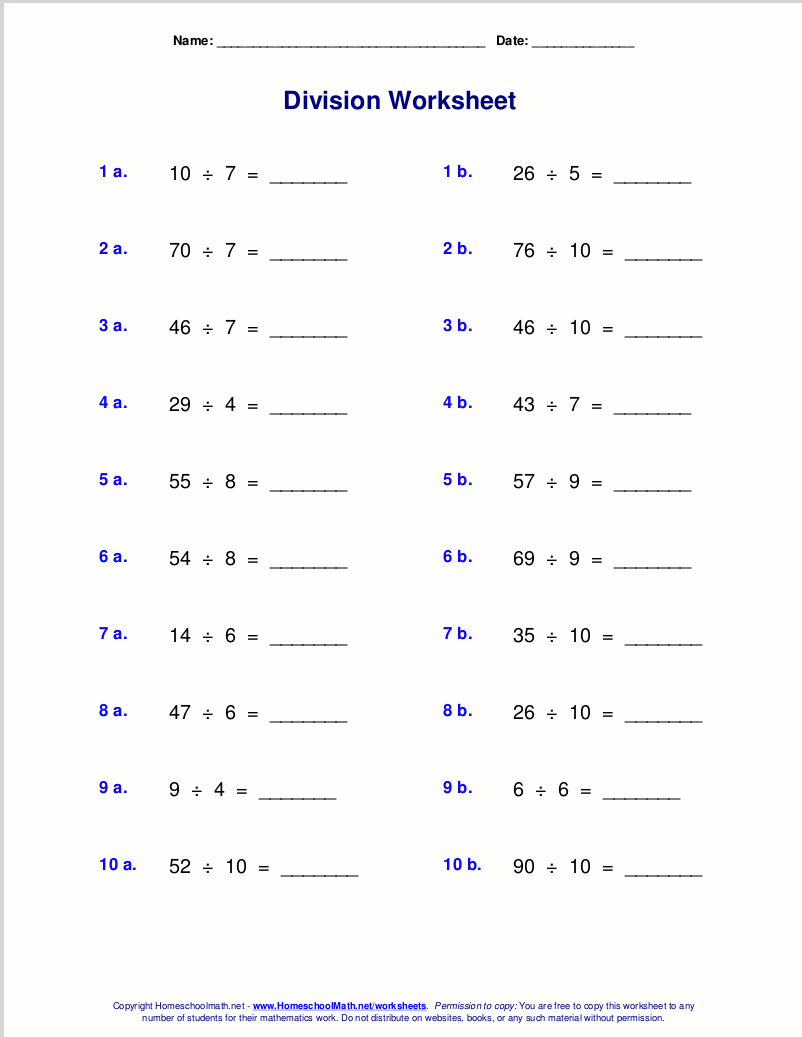Addictive Thinking Worksheets: Your Path to Recovery

If you or someone you care about is navigating the complex world of addiction, understanding addictive thinking patterns can be a game-changer. In this blog post, we'll delve into how addictive thinking worksheets can serve as valuable tools in your or your loved one's path to recovery. These worksheets aren't just pieces of paper; they are guides that can help transform thought patterns, reduce cravings, and cultivate healthier behaviors. Let's explore the depths of addictive thinking, the components of recovery worksheets, and how you can use them effectively.
Understanding Addictive Thinking

Addictive thinking is not just about craving a substance or behavior; it’s a complex web of irrational thoughts that supports continued addictive behavior. These patterns often include:
- Denial: “I don’t have a problem,” or “I can quit anytime.”
- Rationalization: “I deserve this,” or “Just this once won’t hurt.”
- Minimization: “It’s not as bad as others make it out to be.”
- All-or-nothing thinking: “If I can’t do it perfectly, I won’t do it at all.”
- Blame: Shifting responsibility, thinking “it’s not my fault.”
By identifying these thought patterns, individuals can begin to challenge and change them, which is crucial for recovery.
The Role of Addictive Thinking Worksheets

Addictive thinking worksheets offer structured exercises designed to:
- Identify: Recognize when and how irrational thoughts occur.
- Challenge: Confront these thoughts with logical reasoning.
- Replace: Develop new, healthier thought patterns.
Types of Worksheets for Recovery

| Worksheet Type | Description | Benefits |
|---|---|---|
| Thought Log | Records thoughts, emotions, and behaviors associated with addiction. | Helps in identifying triggers and patterns. |
| Cognitive Restructuring | Encourages the replacement of irrational thoughts with logical ones. | Promotes cognitive behavior change. |
| Urge Surfing | Guides individuals to observe and ride out cravings. | Reduces the immediate need to give in to urges. |
| Decision-Making | Provides steps to make thoughtful decisions without impulsive reactions. | Strengthens decision-making skills. |

📝 Note: Each worksheet might focus on a different aspect of addiction, but they all aim to promote self-awareness, decision-making, and healthier cognitive processes.
How to Use Addictive Thinking Worksheets

Using these worksheets effectively requires a commitment to the process:
- Set Aside Time: Dedicate specific times for reflection and completion.
- Be Honest: Honesty with oneself is crucial for change.
- Consistency: Regular use can lead to habit formation.
- Review: Periodically go over past entries to track progress and adjust strategies.
Let's look at some practical examples:
- Thought Log: Write down every thought related to your addiction. Analyze patterns and common triggers.
- Cognitive Restructuring: List out your negative thoughts, challenge them with evidence, and replace them with healthier thoughts.
- Urge Surfing: Document urges as they come, rate their intensity, and observe without acting until they pass.
Integrating Worksheets into a Recovery Plan

Addictive thinking worksheets can be part of a broader recovery plan that includes:
- Therapy: Both individual and group sessions can provide support and professional insight.
- 12-Step Programs: Like Alcoholics Anonymous or Narcotics Anonymous for communal support.
- Support Systems: Friends, family, or recovery communities for encouragement.
- Holistic Approaches: Such as mindfulness, yoga, or meditation for overall well-being.
Challenges and Limitations

While incredibly useful, addictive thinking worksheets come with their challenges:
- Resistance to Change: Denial or unwillingness to engage with the process.
- Perceived Ineffectiveness: Some might not feel immediate benefits, leading to disillusionment.
- Time Commitment: Regular use requires a dedicated approach, which can be demanding.
🛑 Note: The effectiveness of these worksheets can be influenced by individual differences in motivation, personality, and the severity of addiction.
Now, we transition into a summary of what we've covered:
In summary, addictive thinking worksheets serve as vital tools in the recovery from addiction. By understanding the patterns of addictive thinking, utilizing structured worksheets, and integrating them into a broader recovery plan, individuals can foster significant changes in their thought patterns and behaviors. These tools help to identify, challenge, and replace irrational thoughts, manage cravings, and make healthier decisions. Remember, the journey to recovery is personal and unique, requiring patience, commitment, and support. Whether you're using these worksheets individually or with the guidance of a counselor, they can be a beacon of hope and a practical guide towards a life free from the chains of addiction.
What if I don’t see immediate results from using these worksheets?

+
Change takes time. The benefits of using addictive thinking worksheets are often cumulative and can take weeks or months to become noticeable. Keep at it and give the process time to work.
Can these worksheets be used by anyone with any addiction?

+
Yes, while some worksheets might be more tailored to specific types of addiction, the underlying principles of cognitive restructuring and self-awareness apply broadly.
Is professional guidance necessary for using these worksheets?

+
Not always, but working with a therapist can enhance the effectiveness of these tools by providing personalized guidance, addressing unique challenges, and offering motivation.
How often should I fill out these worksheets?

+
Consistency is key. Start with daily entries during intense periods, then reduce frequency as you establish healthier thought patterns. Weekly or bi-weekly can be effective for maintenance.
Can these worksheets be used in group settings?

+
Yes, using worksheets in group therapy can offer a supportive environment, shared insights, and accountability, enhancing their effectiveness.



